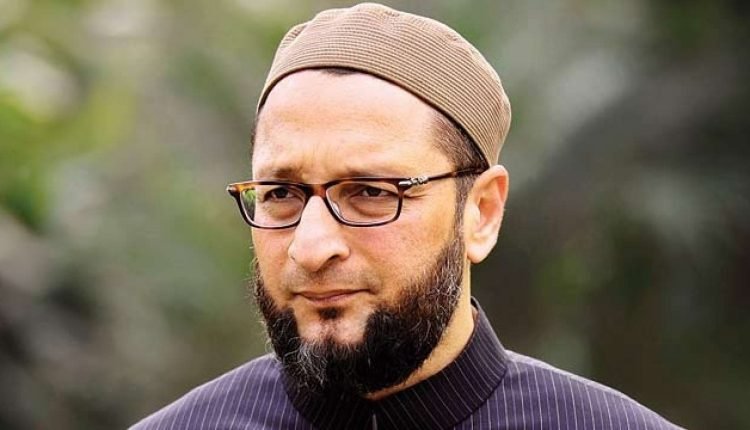11-12-2023 : In response to the recent Supreme Court verdict upholding the Centre’s decision to abrogate Article 370, AIMIM president Asaduddin Owaisi voiced concerns over the potential adverse impacts on the Dogras of Jammu and Buddhists of Ladakh. He emphasized that these communities would be the most affected by the demographic changes resulting from the Union’s decision. Owaisi questioned the absence of a timeline for the restoration of statehood and called for the expeditious conduct of assembly elections in Jammu and Kashmir, synchronizing with the 2024 Lok Sabha elections.
Asserting that the state is an integral part of India, Owaisi acknowledged its distinct constitutional relationship with the Union, which, he argued, became permanent after the dissolution of the constituent assembly of Kashmir. He expressed apprehensions that the legitimization of the Centre’s decision on Article 370 could set a precedent for other regions, such as Chennai, Kolkata, Hyderabad, or Mumbai, potentially being designated as Union Territories.
Drawing attention to Ladakh’s governance, where it is ruled by a Lieutenant Governor without democratic representation, Owaisi criticized the lack of public deliberation and the absence of an elected legislative assembly during the abrogation of Article 370. He quoted the Chief Justice of India (CJI) highlighting the importance of public deliberation and questioned the legitimacy of abrogating the special status of a state without due process.
Owaisi underscored the constitutional principle of federalism, as established in the Bommai judgment, arguing that states should have a voice and complete freedom within their areas of competence. He deemed the manner in which Article 370 was abrogated a violation of constitutional morality and characterized the subsequent state bifurcation and downgrading to a union territory as a grand betrayal of promises made to the people of Kashmir. Despite the Supreme Court’s directive for the restoration of statehood and assembly elections by September 30, 2024, Owaisi expressed concerns about the larger implications of the decision on the constitutional fabric of the nation.




